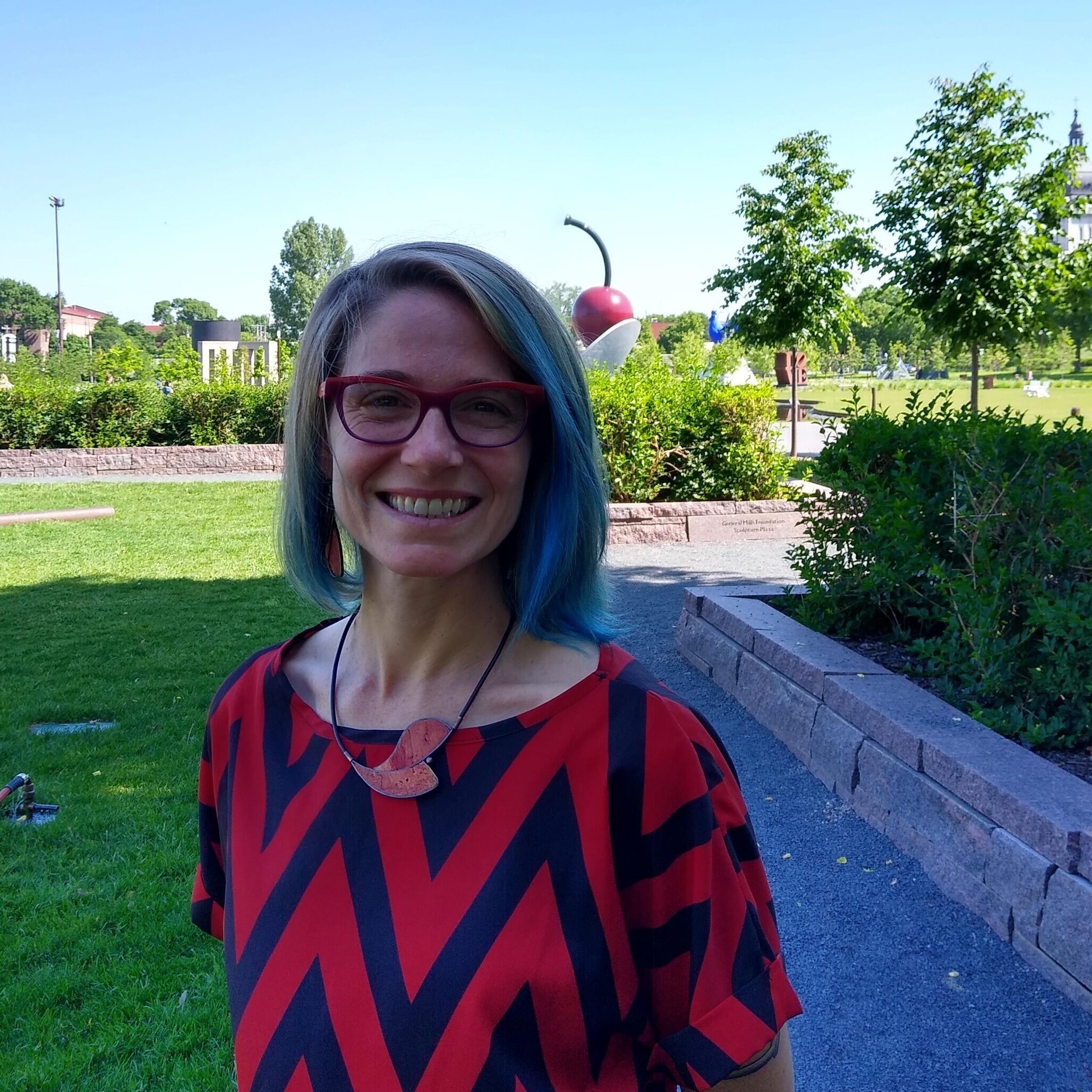Ep 32 - Catherine D'Ignazio - Getting the Data Basics Right
/Listen to the Episode
Subscribe to the Podcast
Episode Summary
“As an educator, I am always working with people who aren’t naturally “numbers people”. I believe that you don’t need to be a data scientist to effectively work with data.”
What does feminism and data science have in common? Well if you talk to Catherine D’Ignazio, quite a lot actually!
Catherine was in Minneapolis for the Eyeo Festival over the summer and Dave sat down to learn more about her presentation, some of the work she does as an educator, and about some of her side projects like the “breast pump hackathon” and the Data Literacy tool, “Data Basic”
Obviously we had to dive into the hackathon a bit more to understand exactly what that was, and how it came to be (it’s actually a really cool cause!)
But Catherine’s work in data literacy was what got us really excited.
Catherine co-created DataBasic as a suite of easy-to-use web tools for beginners that introduce concepts of working with data. These simple tools make it easy to work with data in fun ways, so you can learn how to find great stories to tell.
Dave also talked to Catherine about data journalism, something that Catherine spends a lot of time in. They talk about the mission of journalists to provide unbiased information, and how data can be such a critical piece of doing that well in the future.
More about Catherine D'Ignazio
LinkedIn - in/catherine-d-ignazio-61a57ab1
Twitter - @kanarinka
Website - www.kanarinka.com
Passion Project - makethebreastpumpnotsuck2018.com
Data Basic (Data Literacy) - databasic.io








